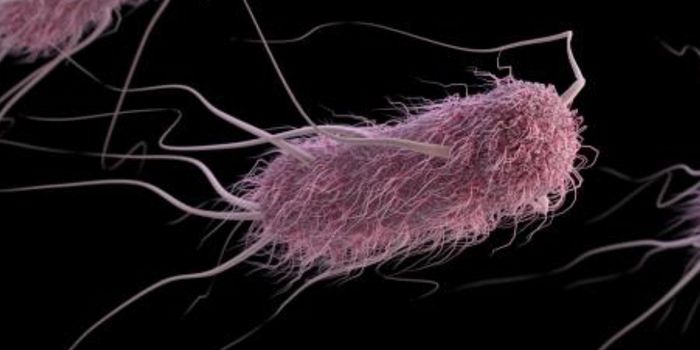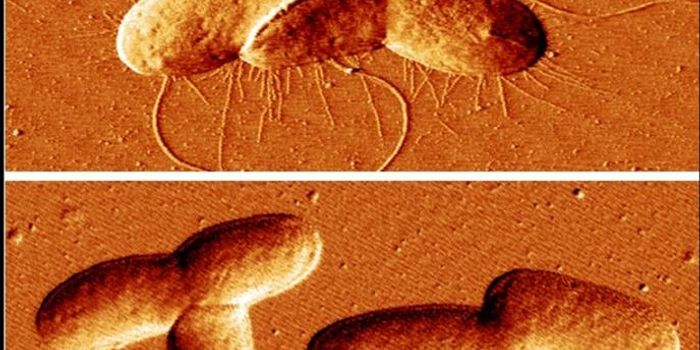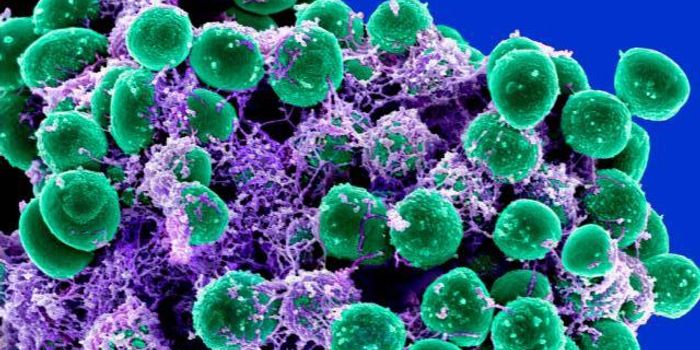Genetic Risk Factors Make Some People Susceptible to Common Microbes
Tuberculosis is caused by a bacterium, Mycobacterium tuberculosis. It’s estimated that twenty percent of all people are infected with the bug, but it only sickens around ten percent of them. Mycobacterium tuberculosis is a member of the mycobacteria family as is the bacterium that causes leprosy. This family of microbes are everywhere and includes over 70 species, which are often harmless. Mycobacteria can also cause a condition called Mendelian susceptibility to mycobacterial disease (MSMD) in some people. Researchers at Rockefeller University have gained new insight into the cause of MSMD.
These are bacteria that are in tap water, or in your sandwiches. They're everywhere," noted Rockefeller University Professor Jean-Laurent Casanova, a Howard Hughes Medical Institute Investigator wanted. "But most of them are poorly virulent; they're weak, compared to Mycobacterium tuberculosis, so in the vast majority of people, they'll never cause disease."
Casanova and colleagues were also able to find two new causes of the disease. The findings were part of two reports published in Science Immunology that assessed the genetic factors underlying susceptibility to mycobacteria. One genetic mutation they identified causes a defect in a receptor that attaches to an immune protein called IL-23. The other mutation impairs a receptor for IL-12, which is similar to IL-23.
Related: Why the Tuberculosis Bacterium Sickens Some but not Others
Both IL-12 and IL-23 cooperate and encourage the production of a molecule called gamma interferon, which helps the immune system battle mycobacterial infections. If a person’s immune cells can’t generate enough of that interferon, they can fall victim to widespread mycobacteria, even when it’s not especially virulent. Thus, MSMD develops.
The highest risk of MSMD is seen in people that have mutations impacting both receptors; one normal receptor is not available to compensate for the faulty one. "Though the two proteins are individually important, their function is somewhat redundant. So most people missing only IL-12 or IL-23 will be ok, only some of them developing MSMD," Casanova explained. "But if you lack both, then you have very low interferon production and will almost certainly develop the condition."
The work has revealed a genetic cause underlying MSMD and also helped the researchers learn how mutations in the gene that encodes for an enzyme called TYK2 can predispose people to TB. When the TYK2 enzyme is disrupted, cells won’t respond to IL-23 in the usual way, and less gamma interferon is made. While low levels of interferon might be able to combat microbes that aren’t particularly dangerous, a stronger microbe like Mycobacterium tuberculosis can cause infection.
This work opens up new treatment possibilities for TB, said Casanova.
"What IL-23 does for a living is induce gamma interferon, which, it turns out, you can buy at the pharmacy," he said. "So if you're prone to TB because of a mutation to TYK2, you could potentially prevent or treat it with that kind of medicine."
Learn more about the problems that occur in the body when people are susceptible to mycobacteria from the video above; UT Health Northeast pulmonology expert Dr. Julie Philley discusses mycobacterial lung infections.
Sources: AAAS/Eurkealert! Via Rockefeller University, Mayo Clinic, Genetic and Rare Diseases Information Center, Science Immunology Martínez-Barricarte et al 2018, Science Immunology Boisson-Dupuis et al 2018










